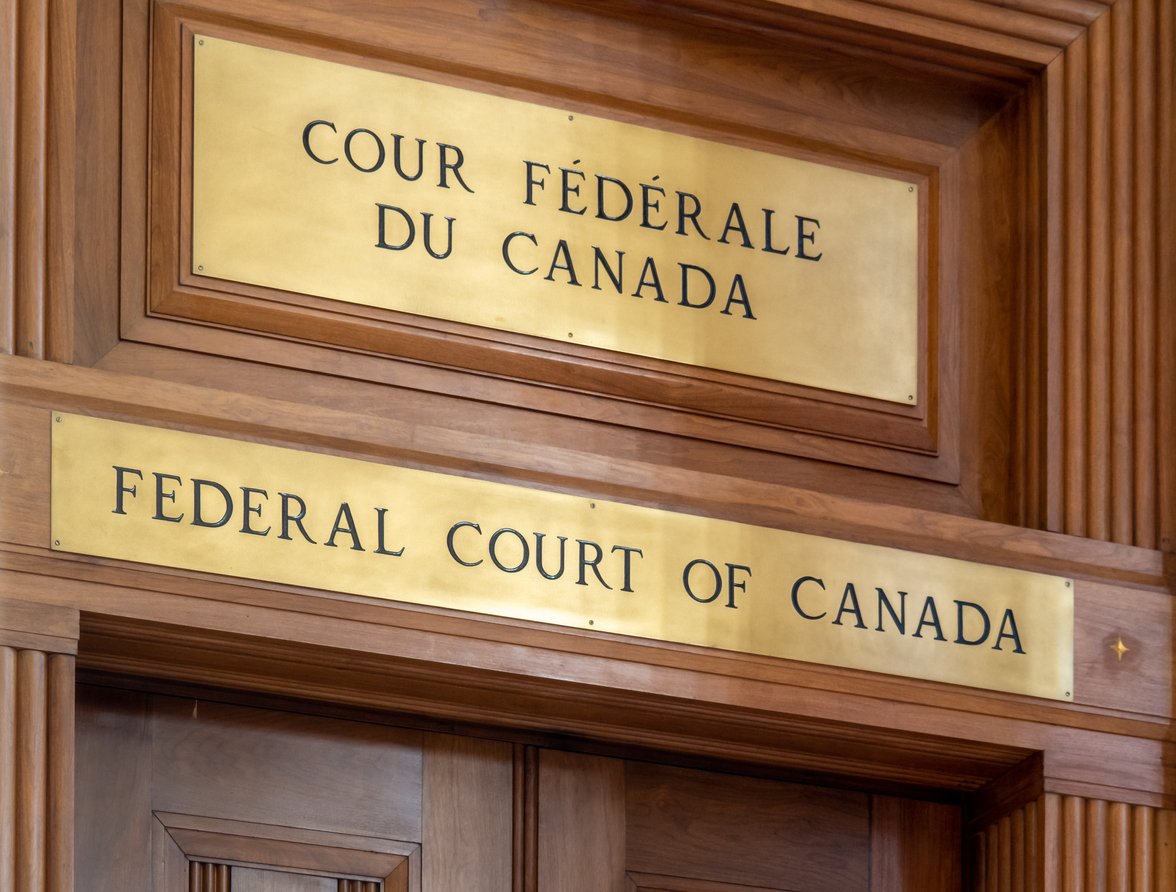Canada Recovery Benefit, patent infringement suits tackled by Federal Court this week

This week, the Federal Court of Canada dealt with cases involving issues arising from the government’s recognition of the Qalipu Mi’kmaq First Nation Band and recognition of Métis communities represented by the Métis Nation of Ontario.
Federal Court
On Tuesday, the court heard Gregory Charles Collins v. Attorney General of Canada et al, T-2044-19. Canada entered into the Agreement for the Recognition of the Qalipu Mi’kmaq Band in June 2008 and the Supplemental Agreement for the Recognition of the Qalipu Mi’kmaq Band in July 2013. Under the 2013 agreement, the federal government accepted only 21 percent of applicants.
The plaintiff brought a class proceeding against the federal attorney general on behalf of those with rejected membership applications. The court certified the proceeding and appointed Koskie Minsky LLP, a Toronto-based firm, as class counsel.
The class action alleged that Canada established and implemented the 2013 agreement for unlawful or improper purposes, that the federal government breached its fiduciary duties to the class and the rights of class members under the Canadian Charter of Rights and Freedoms, and that the 2013 agreement unfairly and retroactively changed the criteria and requirements for membership.
Also on Tuesday, the court heard Brunswick House First Nation et al v. Attorney General of Canada (representing the Minister of Crown Indigenous Relations), T-591-23. The Minister of Crown Indigenous Relations and Northern Affairs Canada and the Métis Nation of Ontario entered into the Métis Government Recognition and Self-Government Implementation Agreement, signed on Feb. 23.
A judicial review application claimed that the minister’s decision to enter into the agreement was incorrect and unreasonable. The applicants made the following allegations:
- Under the agreement, the minister purported to recognize the existence of tens of thousands of new persons bearing rights under s.35 of the Constitution Act, 1982 through Métis communities with no ancestral connections to any historic communities that could be recognized under the applicable test provided by the Supreme Court of Canada in R. v. Powley, 2003 SCC 43 (CanLII), [2003] 2 SCR 207
- The recognition presented an existential threat to the constitutionally-protected rights of the First Nations who have used, occupied, and stewarded their territory since time immemorial under their Anishinaabe laws
On Tuesday, the court heard Steelhead LNG (ASLNG) Ltd. et al v. Seven Gens Energy Ltd., Rockies LNG et al, T-1488-20. The plaintiffs filed an underlying action seeking monetary, declaratory, and injunctive relief for the alleged infringement of Canadian Patent No. 3,027,085 relating to an invention called “Liquefaction Apparatus, Methods, and Systems.”
The action claimed that the defendants have been making, constructing, using, selling, and/or offering for sale a liquefied natural gas (LNG) project that infringed the patent under s. 42 of the Patent Act, 1985. The defendant moved for a summary trial.
In July 2022, in Steelhead LNG (ASLNG) Ltd. v. ARC Resources Ltd., 2022 FC 998, the Federal Court granted the motion for summary trial and wholly dismissed the plaintiffs’ action. The court ruled that this was an appropriate case for determination via summary trial and that the defendants did not infringe the patent.
Also on Tuesday, the court heard Zhiquan Yu v. Canada Revenue Agency, T-1653-22. This case arose from a Canada Recovery Benefit application. The Canada Revenue Agency found that the applicant was ineligible for the benefit, given that his self-employment income failed to reach the $5,000 threshold.
The applicant did not want to refund the amount received. His judicial review application alleged that the agency did not give him an opportunity to explain or to provide the necessary documentation for a fair and impartial review and did not carefully review all relevant documents.










